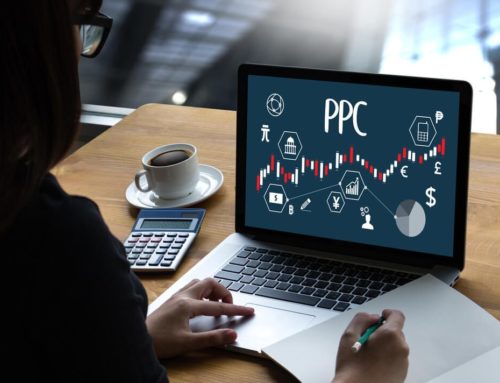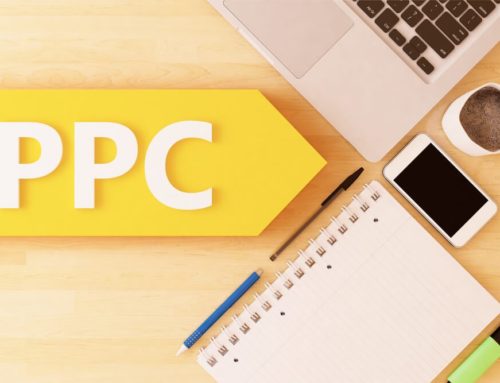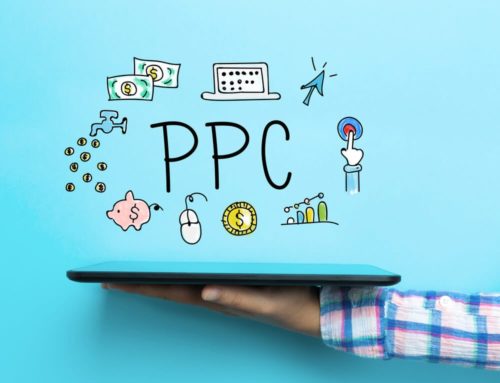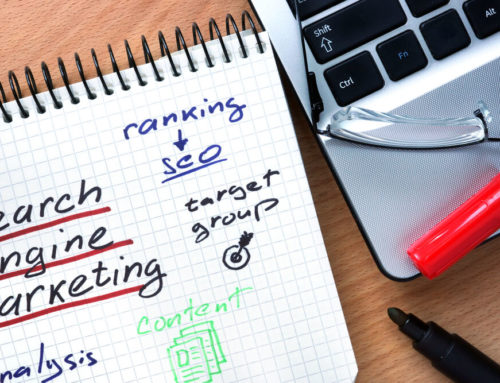In the battle for marketing dollars, SEO and PPC (pay-per-click) are in constant competition with one another. As Google changes its algorithms, companies find themselves competing against moving goal posts.
SEO can be a slow process, and businesses in competitive industries may never be able to hold onto the number one rankings they desire. That’s why more money is funneled into PPC advertising.
PPC advertising has the potential to deliver targeted traffic, but it takes technical know-how to do it properly. Even marketing veterans can make mistakes when they enter into a new market, or start selling a new product with PPC. It takes an expert PPC analyst to review every potential facet of your account, looking for ways to improve on the copy and the landing page.
If you’re thinking of setting up your own Google AdWords account, don’t. There’s a reason PPC professionals charge a fee for management.
If you’re new to PPC, you may be unaware that it will cost you less to hire an expert than it will to launch a campaign on your own.
Here are 10 reasons why you should hire a PPC management expert.
1. Keyword Research Isn’t Easy
Keyword research is crucial to your success, and it’s something PPC experts spend a lot of time on initially and throughout the PPC process. If you pick the wrong keywords you can quickly exhaust your budget and your campaign will have very poor returns.
There are free keyword tools, such as Google’s Keyword Tool, that anyone can use, but the better tools are usually the paid ones.
Paid tools would give you a competitive advantage, but at a price. Some of these tools can cost upward of $100 monthly in addition to your other expenses.
PPC experts don’t stop at one of these tools, either. They use multiple data points to form a more complete picture of the sales landscape.
2. Wrong Ad Copy Could Result in Low Conversion
One of the greatest strengths a PPC expert has is the ability to perform competitive research. PPC experts understand how to find good copy, they study your competition, and they form ads based on what they know works. That kind of copy isn’t something the amateur can do overnight, especially when every word means something.
The right copy can elevate your campaign’s click-through rate and net you more conversions. Do you really want to take a chance on writing the wrong copy?
Bad copy that does not convey the right message, and is only trying to get you more traffic, may result in low conversion, meaning you just wasted lots of money.
3. Tracking Requires Technical Expertise
The foundation of any good PPC program is its ability to track not only sales, but where those sales are coming from. Good analysis can show you which placements and keywords are likely to bring you the most conversions.
In addition, tagging your campaigns allows you to see which ones are most effective. Tracking code installation requires at least some basic HTML knowledge, so if you have no such knowledge then you better leave this to the experts or you may have to pay your webmaster to install it for you. If you would like to track your leads/sales from phone calls, that would require additional set up and expertise.
4. Do You Understand All the PPC Terminology?
You may know what PPC stands for, but do you know what all these mean: CPM, CPC, CPA? Give up?
What about the difference between Impressions, Views, and Hits? Do you know what retargeting is?
Understanding these terms is extremely important in the day-to-day management of your campaigns. Until you’re familiar with all these (and several more terms not even mentioned here), then you aren’t ready to manage your own paid search campaigns.
5. Campaign Settings Can Be Confusing
There are several potential settings you must adjust in order to get optimum exposure for your campaigns. For example, geographic settings can help you target a specific part of the country.
Should you target locally, statewide, nationally, or worldwide? Should you set up different ad groups for each? Should you opt-in to partner/affiliate networks and if so should you bid the same as the search network? If you choose the partner networks, should you filter out some specific sites?
Without a clear understanding of these settings, and how they may benefit you, you might be paying too much for the same traffic that a similar marketer pays pennies on the dollar for. Without expert advice or some experience, you would never know.
6. Do You Know What a Good Landing Page Looks Like?
Relevance isn’t just an SEO term, it’s important in PPC marketing, too. The less relevant your landing page, the more money you’re spending on conversions. PPC experts understand not only the principles of landing page design, but also how to test those principles.
A/B testing is a tactic PPC experts use to compare different landing pages and improve conversions. That testing can mean the difference between a 1 percent and 5 percent conversion rate. A good analyst will also have familiarity and access to third-party A/B testing software.
7. Prior Experience With Similar Clients
Often times a PPC expert may have worked with other clients in your industry and have competitive knowledge he can apply to your account, which would save you thousands of dollars. In paid search it’s beneficial to hire a person or a company that has worked with one or more of your competitors before.
Most paid search companies probably won’t take on direct competitors as clients at the same time – if they do, then that’s probably not a good idea – but if they have worked with your competitors or similar companies previously, then that would be a plus.
8. Is There Click Fraud Going On?
If you’re a beginner, then you probably wouldn’t know how to monitor for click fraud. You should expect that there is always going to be click fraud. There may even be some auto-generated clicks to your ads that have nothing to do with click fraud, but may be a bot trying to spider your site for whatever reason.
You need to be able to watch your stats and log files for suspicious activity and when you feel there is click fraud going on, you can report to the search engine and request a refund. Although search engines try to block click fraud, from time to time they will do audits and may give you refunds months later, but this is not to your benefit.
You need to take control of this aspect. If you aren’t an analytical person or don’t have some technical expertise in this area, then it’s best to leave it to the experts.
9. Keeping Up With the Latest Changes
All good online marketers stay up to date with the latest trends by reading online news, journals, and/or forums. They may also attend industry trade shows several times annually or attend networking events, and will also have a few friends and peers they could reach out to for expert advice or comparing notes on the latest trends.
If you don’t think you can do all these things, then it is best to hire an expert.
10. Do You Really Have the Time?
If you’re a business owner, you’re probably busy with hundreds of other tasks daily. Do you really have the time to manage your own PPC account and give it the attention that it deserves?
Many marketers approach PPC with the attitude that it’s less complicated, or somehow easier than SEO. The reality is that PPC costs you money every time you use it.
With PPC rates skyrocketing, most companies don’t even see returns right away and have to count on repeat customers or referrals. So every little factor that can improve your ROI would be beneficial to your bottom line.
Conclusion
Unless you have some prior PPC experience yourself, then you shouldn’t attempt to do this yourself. Hire a PPC expert or an agency to handle things for you.










